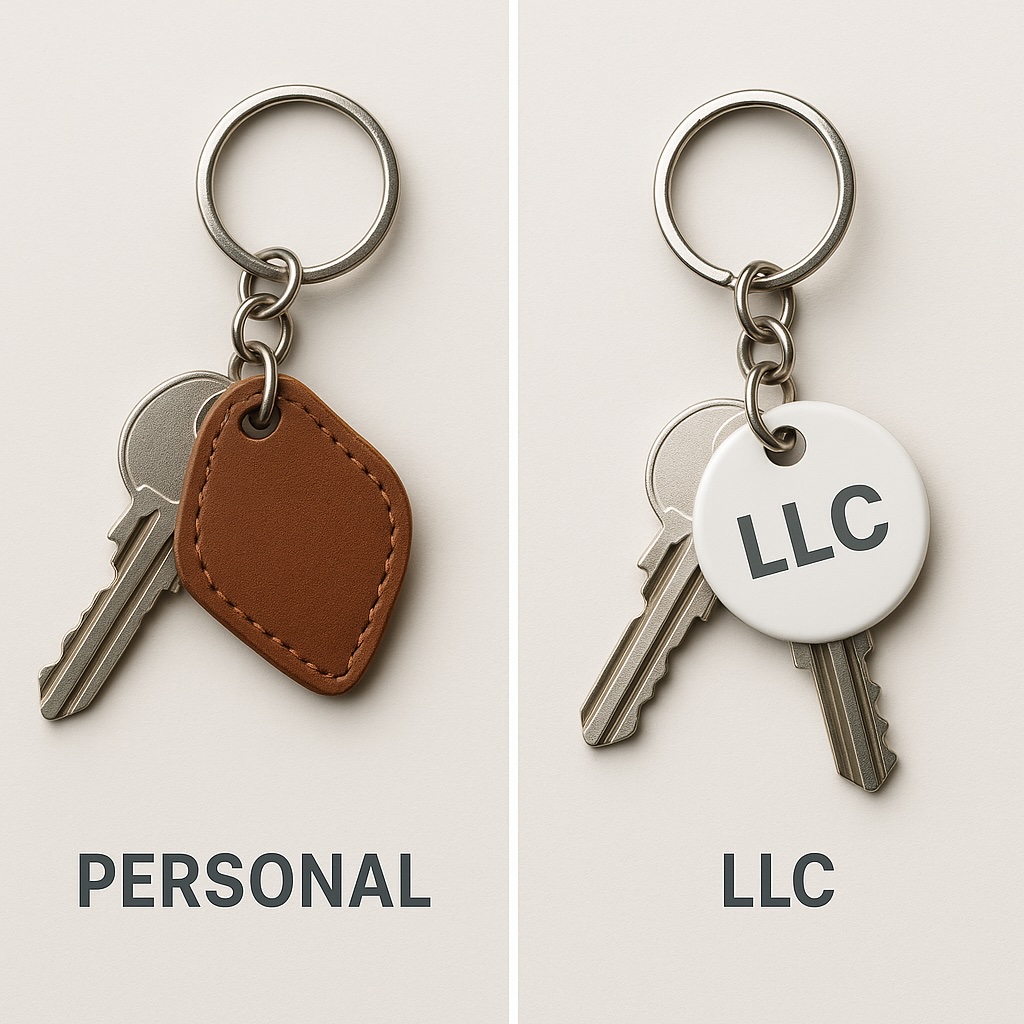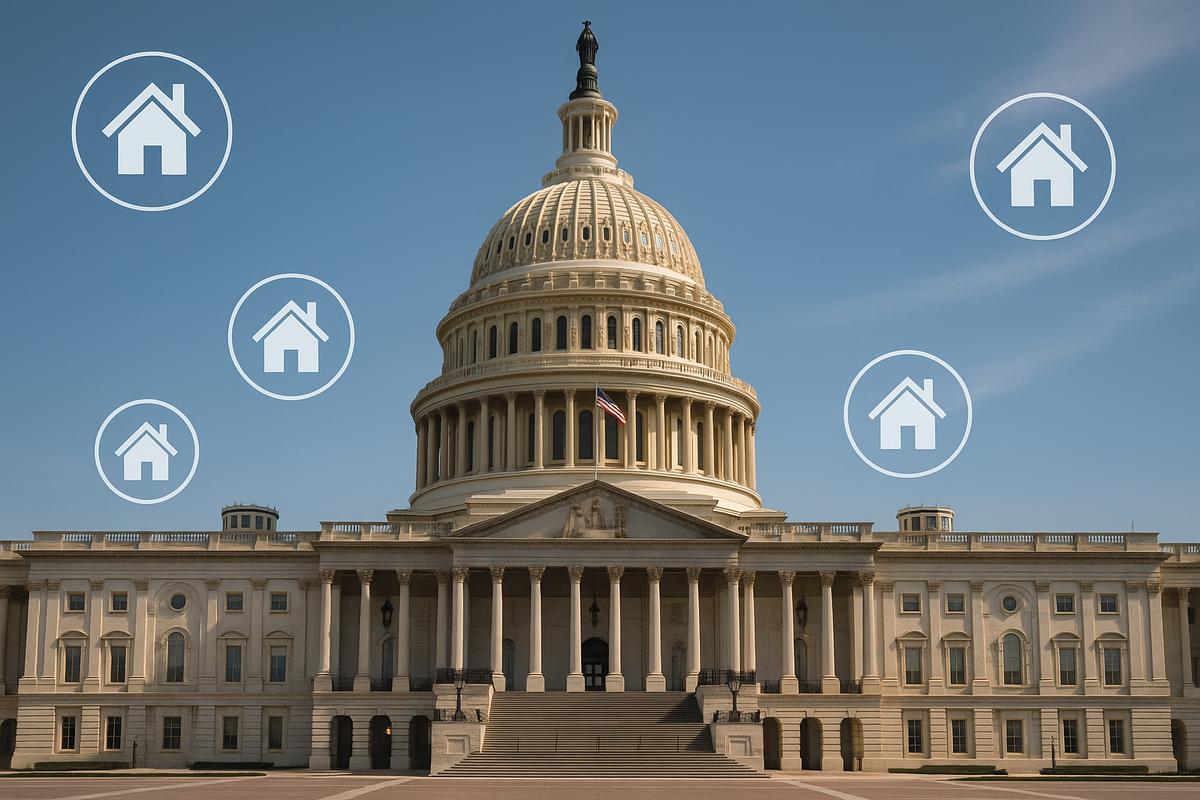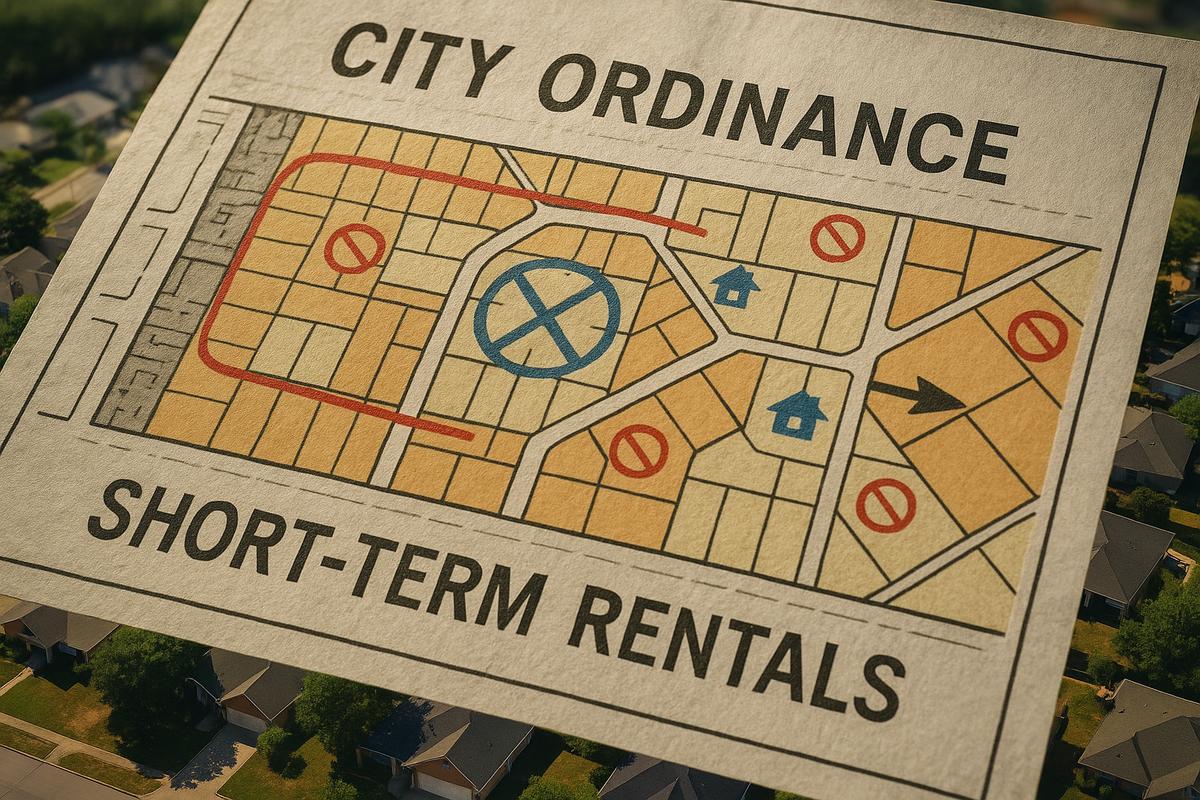Picture this: You’re a short-term rental host who just received yet another inquiry asking about “nearby co-working spaces and reliable WiFi.” If you’re scratching your head wondering why every guest seems to be carrying a laptop these days, you’re witnessing the digital nomad revolution firsthand—and nowhere is this more evident than in Tulum, Mexico.
The ancient Mayan ruins aren’t the only thing drawing visitors to this coastal paradise anymore. Digital nomads are flocking to Tulum in unprecedented numbers, transforming it into one of the world’s premier remote work destinations. The numbers don’t lie: co-working spaces in Tulum have tripled since 2023, and occupancy rates for work-friendly accommodations are consistently outperforming traditional vacation rentals.
For STR hosts, this shift represents both an opportunity and a challenge. The question isn’t whether remote work is here to stay (spoiler alert: it is), but rather how savvy hosts can position their properties to capture this lucrative market segment. Understanding what draws digital nomads to Tulum—and what keeps them booking—is crucial for any host looking to maximize their investment returns.
The Rise of Co-working Spaces in Tulum
The transformation of Tulum’s work landscape has been nothing short of remarkable. What started as a handful of beachside cafes offering spotty WiFi has evolved into a sophisticated network of professional co-working spaces that rival those found in major metropolitan areas.
Current data shows that Tulum now hosts over 40 dedicated co-working spaces, up from just 12 in early 2023. These aren’t your typical coffee shop setups either—we’re talking about professionally designed spaces with conference rooms, high-speed fiber internet, and amenities that would make a Silicon Valley startup jealous. Popular spaces like Dojo Bali Tulum, Tribal Coworking, and Nest Coworking have become household names among the digital nomad community.
The growth trajectory is impressive: monthly memberships at Tulum’s co-working spaces have increased by 180% year-over-year, with day passes selling out regularly during peak season (December through April). Digital nomad forums consistently rank Tulum among the top five co-working destinations globally, citing the unique blend of professional amenities and tropical ambiance.
What’s particularly interesting from a legal perspective is how local authorities have embraced this trend. Unlike some destinations that struggle with regulatory frameworks for remote workers, Tulum’s municipal government has streamlined processes for co-working space permits and even offers incentives for businesses catering to digital nomads.
Why Digital Nomads Choose Tulum
During my conversations with various municipal officials about zoning regulations, one thing became crystal clear: Tulum offers something most destinations can’t replicate—the perfect marriage of productivity and paradise. Digital nomads aren’t just looking for cheap WiFi; they’re seeking an experience that enhances both their work and lifestyle.
The cultural appeal is undeniable. Where else can you finish a client presentation, then explore ancient Mayan ruins during your lunch break? Tulum’s rich history and vibrant local culture provide the kind of inspiration that’s hard to find in a traditional office environment. The cenotes (natural sinkholes) offer world-class diving and swimming opportunities, while the town’s renowned wellness scene—yoga studios, organic restaurants, and healing centers—appeals to health-conscious remote workers.
But it’s the community aspect that really seals the deal. Co-working spaces in Tulum have become networking hubs where entrepreneurs, freelancers, and remote employees from dozens of countries collaborate and form lasting professional relationships. These spaces regularly host events, workshops, and social gatherings that blur the line between work and social life.
The time zone advantage can’t be overlooked either. Tulum’s location allows digital nomads to maintain reasonable overlap with both U.S. and European business hours, making it practical for client communications and team meetings. Add in Mexico’s relatively straightforward visa policies for tourists (180-day stays without special permits), and you’ve got a recipe for extended stays that benefit STR hosts.
Essential Amenities for STR Hosts
Here’s where the rubber meets the road for STR operators: digital nomads have non-negotiable requirements that differ significantly from traditional vacation renters. Ignore these at your own peril—and your occupancy rates will reflect it.
High-speed internet isn’t just important; it’s absolutely critical. We’re talking minimum 50 Mbps download speeds with reliable upload capabilities for video calls. I’ve seen more guest complaints and early departures due to poor internet than any other single factor. Consider investing in fiber connections and backup internet solutions (mobile hotspots with unlimited data plans are popular insurance policies).
Dedicated workspace design has become equally important. This doesn’t mean converting your entire living room into an office, but rather creating defined areas optimized for productivity. Think ergonomic seating, proper lighting (both natural and artificial), and surfaces large enough for laptops plus notebooks. Power outlets positioned strategically near work areas are essential—nothing kills productivity like hunting for charging spots.
Climate control takes on new importance when guests are working 8+ hours daily in your space. Reliable air conditioning isn’t a luxury; it’s a necessity for maintaining comfort during long work sessions. Consider the noise factor too—guests need quiet environments for video calls, so proximity to busy streets or construction can be deal-breakers.
Additional amenities that consistently receive positive reviews include: printing capabilities (even a basic printer/scanner), multiple monitors or the ability to connect external displays, quality coffee equipment (digital nomads are particular about their caffeine), and flexible lighting options for different times of day.
Marketing STR Properties to Digital Nomads
Marketing to digital nomads requires a fundamentally different approach than targeting traditional vacationers. These guests are making practical decisions about their temporary office space, not just their vacation accommodation.
Proximity to co-working spaces should be front and center in your listing descriptions. Mention specific spaces by name and include walking/biking distances. Digital nomads research these details extensively before booking, so save them the effort. Phrases like “5-minute walk to Dojo Bali Tulum” or “Located in Tulum’s co-working district” carry significant weight.
Platform strategy matters enormously. While Airbnb remains important, platforms like Selina, Outsite, and specialized nomad accommodation sites often yield higher-quality bookings from remote workers. These platforms specifically cater to longer-stay guests and emphasize work-friendly amenities.
Your photo strategy should showcase work capabilities prominently. Include shots of your workspace setup, internet speed test results, and any tech amenities. Consider creating a short video tour that demonstrates the WiFi reliability and workspace functionality—many nomads specifically look for these before booking.
Pricing strategy for this market segment differs significantly too. Digital nomads often book longer stays (typically 2-4 weeks minimum), so offering attractive weekly and monthly rates can increase both occupancy and total revenue. Many successful hosts report that nomad bookings, while at lower nightly rates, generate higher overall returns due to reduced turnover costs and cleaning frequency.
Future Trends in Tulum’s Co-working Scene
Based on current development patterns and municipal planning discussions I’ve reviewed, Tulum’s co-working evolution is far from over. The next phase appears to be integration—we’re seeing co-working spaces partner directly with accommodation providers to create comprehensive “workation” packages.
Hybrid models are emerging where STR properties include dedicated co-working memberships as part of their offering. Some forward-thinking hosts are even converting portions of their properties into mini co-working spaces, creating additional revenue streams while attracting longer-stay guests.
The regulatory landscape is also evolving favorably. Municipal authorities are exploring formal “digital nomad zones” with streamlined permitting and enhanced infrastructure. This could significantly impact property values and rental demand in designated areas.
However, challenges loom on the horizon. Infrastructure strain from rapid growth, potential oversaturation of the co-working market, and environmental concerns about development pace could impact the sustainability of current growth rates. Smart hosts are already diversifying their target markets to avoid over-dependence on any single guest segment.
Conclusion
Tulum’s emergence as a premier co-working destination represents more than just a trend—it’s a fundamental shift in how people approach work and travel. For STR hosts willing to adapt their properties and marketing strategies, the digital nomad market offers exceptional opportunities for higher occupancy rates and increased revenue.
The key is understanding that these guests aren’t just looking for a place to sleep; they’re seeking a productive work environment that happens to be in paradise. By focusing on the essential amenities, strategic marketing, and long-term relationship building that nomads value, hosts can position themselves at the forefront of this lucrative market segment. The question isn’t whether to adapt to this trend—it’s how quickly you can implement the changes that will set your property apart in Tulum’s competitive landscape.










